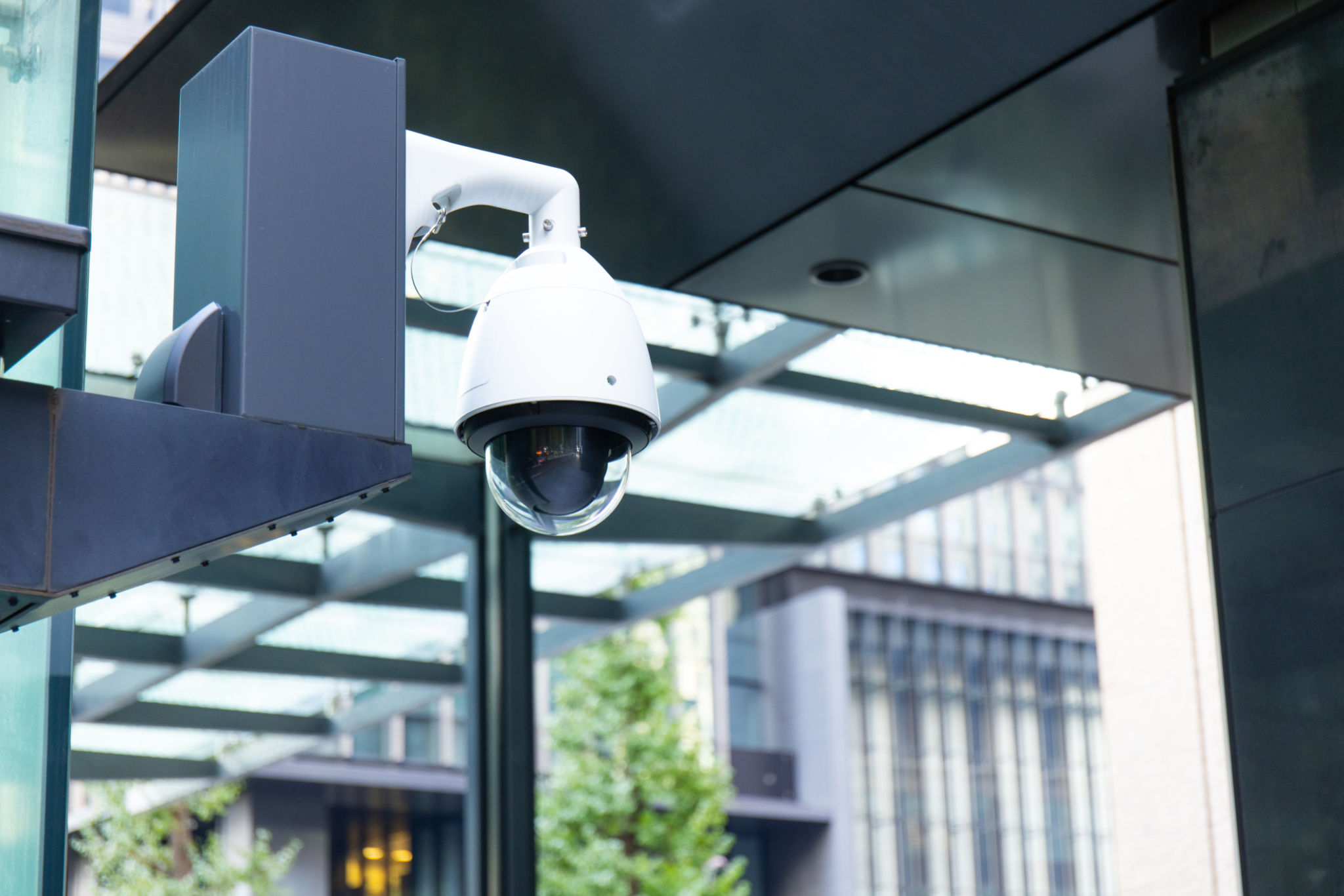Innovations in Healthcare Logistics: Adapting to Technological Advances
The Role of Technology in Healthcare Logistics
In the rapidly evolving field of healthcare logistics, technology plays a pivotal role in enhancing efficiency and ensuring timely delivery of medical supplies. As healthcare demands grow, logistics must adapt by integrating advanced technological solutions. These innovations range from automation in warehousing to sophisticated tracking systems, all aimed at improving service delivery and patient care.

Automation in Warehousing
One of the most significant advancements in healthcare logistics is the automation of warehousing processes. Automated systems streamline tasks such as sorting, storing, and retrieving medical supplies, reducing human error and increasing speed. This innovation not only saves time but also allows healthcare providers to maintain optimal inventory levels, ensuring that essential items are always available.
Robotics and automated guided vehicles (AGVs) are increasingly used in warehouses to handle materials and move them efficiently. By leveraging these technologies, healthcare logistics can reduce labor costs and enhance operational efficiency.
Advanced Tracking Systems
Another area where technology is making a significant impact is in tracking systems. With the integration of GPS and RFID technologies, healthcare logistics providers can now monitor the movement and condition of shipments in real-time. This capability ensures that medical supplies arrive at their destinations safely and on time, which is crucial for maintaining quality patient care.

Real-time tracking also facilitates better communication between all parties involved in the supply chain. Healthcare providers can receive up-to-date information on their orders, allowing them to plan and allocate resources more effectively.
Data Analytics and Predictive Modeling
The use of data analytics and predictive modeling is transforming how healthcare logistics operate. By analyzing historical data and identifying patterns, logistics providers can make informed decisions about inventory management, supply chain optimization, and risk assessment. Predictive models help anticipate demand fluctuations, ensuring that healthcare facilities are well-prepared for any situation.
Moreover, these technologies enable more efficient route planning and delivery scheduling, minimizing delays and reducing transportation costs. As a result, healthcare logistics can achieve higher levels of service reliability.

Sustainability in Logistics
Sustainability is becoming an integral part of healthcare logistics, with technological innovations paving the way for eco-friendly operations. From electric delivery vehicles to energy-efficient warehousing solutions, logistics providers are adopting green practices to reduce their carbon footprint.
Additionally, technology aids in optimizing resource usage, minimizing waste, and promoting recycling initiatives within the supply chain. These efforts contribute to a more sustainable future while maintaining high standards of healthcare delivery.
The Future of Healthcare Logistics
As technology continues to advance, healthcare logistics will undoubtedly evolve further to meet the growing needs of the industry. Embracing these technological innovations not only improves operational efficiency but also enhances patient outcomes.
The future of healthcare logistics lies in continued integration of emerging technologies such as artificial intelligence and blockchain, which promise to revolutionize the way medical supplies are managed and distributed. By staying ahead of these trends, healthcare logistics can continue to deliver exceptional service in an ever-changing landscape.
